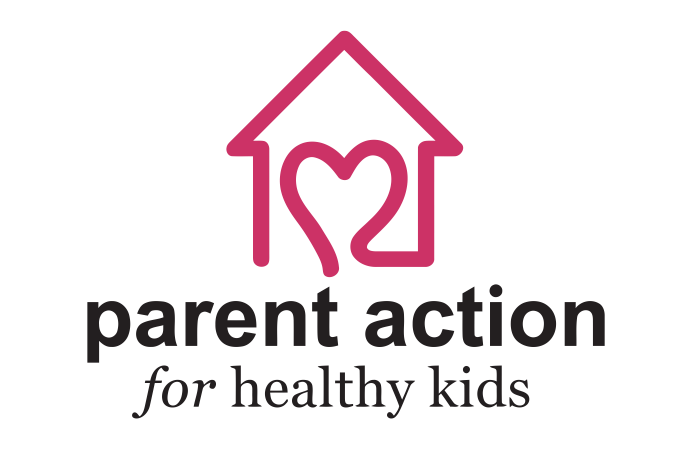Let families weigh in on school closures!
For the sake of public health, let families weigh in on school closures!
If ever there was a more critical time for families and schools to work together it is now! When considering K-12 school closures due to the Coronavirus, it’s imperative for school districts and families to connect so schools can hear from families how a closure will impact them. This action needs to go beyond checking in with just a few of the involved parents, but casting a wide net out to all families, such as a district wide survey (on line surveys are free and easy to do).
Here are five compelling reasons to hear from families:
- Some students will not get a nutritious meal. Students who live in low income households or the homeless population will suffer.
- Many families who don’t have the luxury of missing work and don’t have the means to pay for childcare will rely on grandma or grandpa (the at risk population).
- Families who are able to be home with their children may be inclined to take “stir-crazy” kids out to public places such as mall play areas. Restless teens will hang out at coffee shops, fast food restaurants and malls. Information about self-quarantine and why its important will have to be communicated to families in a way that they can personalize it for their family.
- A break from academics and social interaction combined with a steady stream of news about the impact of the virus will increase anxiety among children, teens and their families. Those students and families that are currently struggling with mental health issues will be adversely impacted.
- Thirty-eight percent of nurses in our county working in the medical community have kids in school. Who will take care of their kids?
Many families don’t have the financial means to keep two weeks worth of food and medications, and a quarter of Americans don’t have the luxury of paid sick leave or adequate health insurance. Asking families how closing school would impact them is authentic family engagement and a sign of respect. A district may just discover that keeping kids in school may be the least risky place for them to be. This simple and thorough inquiry will create a community of schools and families working together to keep everyone safe and healthy.
I found this interview with Michael T. Osterholm, PhD, MPH an infectious disease expert and professor who holds an endowed chair at the University of Minnesota’s School of Public Health helpful about the spread of the virus and how it differs with children.
#ValueFamilies #PublicHealth #SocialJustice #HealthEquity

